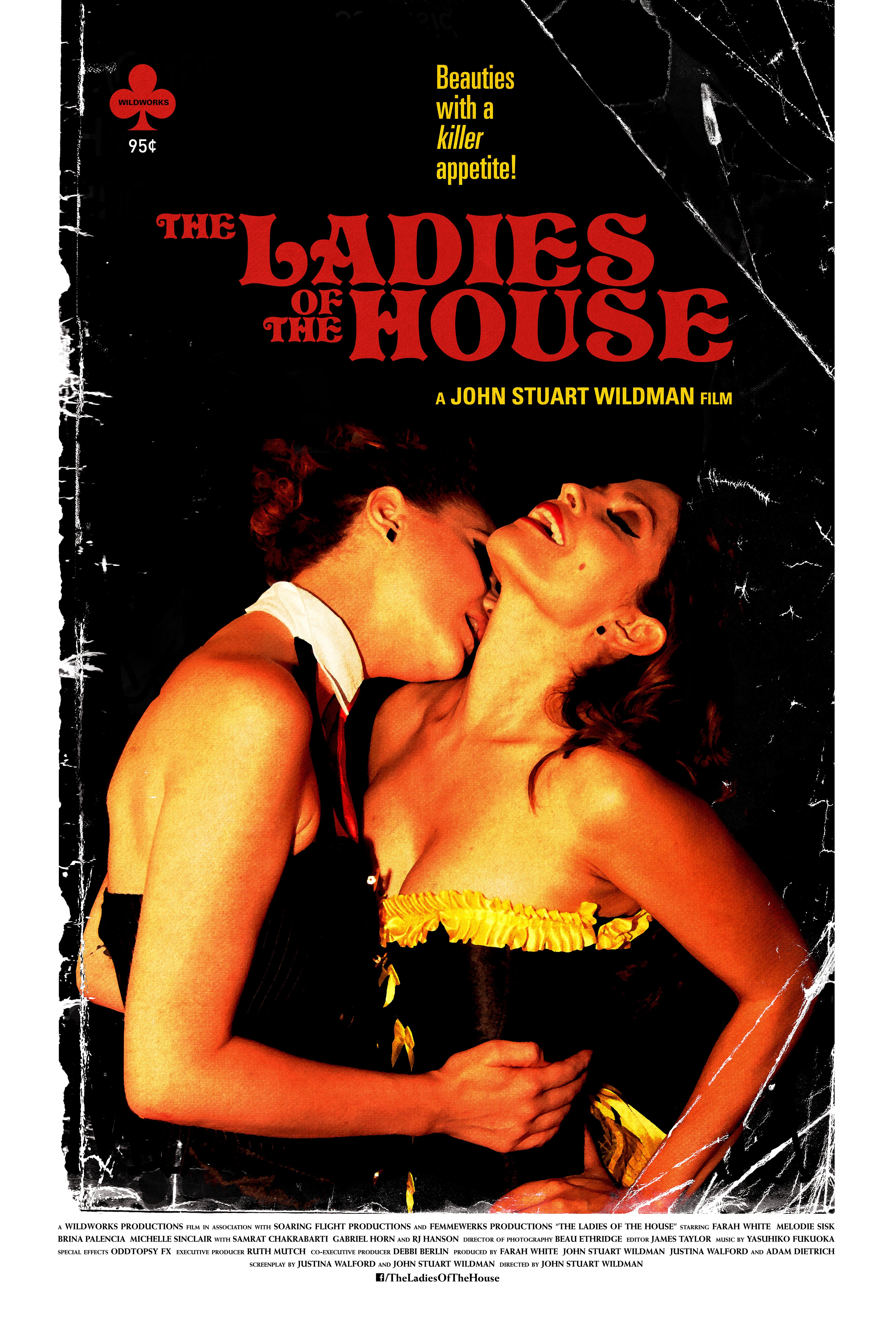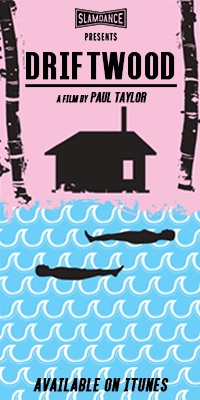There’s a line early on in this serial killer biopic, something along the lines of “we eat our mistakes.” It really sets the tone perfectly for this film based on childhood remembrances of Jeffery Dahmer. Adapted from a graphic memoir by renowned comics creator John Backderf – who really was pals with the infamous murderer/cannibal in high school – My Friend Dahmer weaves a sort of “prequel” to the horrific events that shocked the world. Director Marc Meyers treats the very serious material with great reverence, shunning the easy formulaic choices you might expect in this sort of movie. Not quite a horror movie, more than just a drama, its targeted storytelling and exacting expression almost doesn’t need the legend of the killer to do what it does. Essentially, the whole piece isn’t so much about the mind of a monster, as it is a very elegant, sincere and unsettling study of the forces that broke a troubled kid. One could conclude by the film’s end that in fact, this particular kid may have had a lot more potential to be a decent, happy person than our preconceived notions may lead us to believe.
Dahmer’s troubles are things that, these days, society is better able to recognize and deal with than the film’s population was in its 1970’s suburban Ohio setting. The social awkwardness, the confusing desires and the fairly advanced presence of mental illness running in the family was at that time less understood and more poorly addressed. But the social pressures of the time are terribly familiar: the struggle to make friends at school; parent’s expectations; not being recognized for your talents; and maybe worst of all – the monsters of conformity, always trying to make you feel bad for not being what they demand you be. Moment after painful moment of defeat add up over the course of the film. Even when Dahmer makes friends, people still don’t understand him or accept him for anything more than his novel behavior and ability to make amusing mischief. Many of his interests and proclivities could have been cultivated into something positive. Instead, he falls into a situation where he is willing to trade humiliation for a little love.
“These adults are going to squash us” is another poignant line from the film. And it’s the kids acting in the film who really nail that sentiment. There’s a natural chemistry between them, an authentic camaraderie which is executed perfectly between the core group of four friends which includes Dahmer. There is the recognition that they are all powerless in the adult world, and they really feel each other’s pain, even when witnessing embarrassing family moments. The standout, however, is of course the role of Dahmer, played with great agility by Ross Lynch, who shifts seamlessly between the boy’s hope and hopelessness. There are as many moments in the film that the ill-fated teenager seems redeemable as there are moments which presage his terrible trajectory. You feel his dejection as much as his brave attempts to reach out. A great effort both blunt and subtle is made to capture Dahmer’s intense frustration and ultimate undoing. This film leaves a lot of room for the audience to wonder if just a little bit of kindness could not have spared the world a great deal of trouble.
Could the savage butcher Jeffrey Dahmer been brought back to a course that could have led to a normal, fulfilling life? Obviously, we can never know. What we can know is that a lot of people failed him. And to be fair, it certainly seems like a dark cloud was lodged deep in his psyche, perhaps one which could not be repaired. But this film attempts to find the humanity within this real-life character, employing an organic approach which gives the figure perhaps the best chance his life could ever get to a fair trial. It’s all orchestrated to put you back into that impotent place where grown-up temptations are clashing with a not-fully-cooked sense of independence and free will. Everything about this kid and his world of family and friends is totally familiar – except that one day, he would become a monster. The film never states this during the story, nor does it forget it. The real terror we find here is that this could have been your friend Dahmer. He wasn’t a demon from hell, he was some dude you knew in school and had over the house. That’s the real strength of Meyers’ achievement here: showing us just how frighteningly normal complete madness can really be.










READER COMMENTS